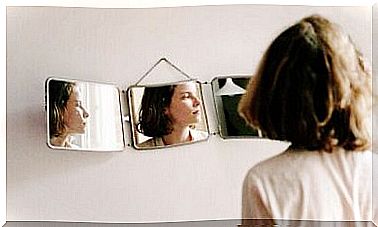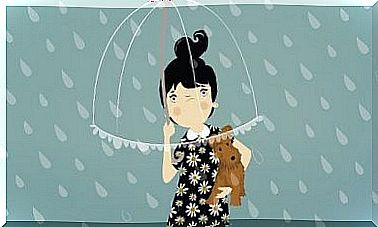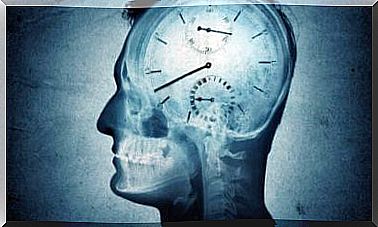The Crisis, The Opportunity To Identify What Is Important

Do you know what is important? Psychology, or rather the investigations carried out in this field, show that reality conditions our feelings. However, she does not do it in a vacuum: we are not mere spectators. So, we don’t work with reality, but with what we understand from reality.
So we all have a scale of subjective and individual priorities that we can work with in this crisis to identify what is important.
Why is this crisis so mentally special? Suddenly, without planning, without prior organization, our routine changes. The state of alarm and quarantine forced us to change our daily life in an unprecedented way.
What changes? Of any type: in the intimate sphere, at work, within the family, social changes… We are talking about variations, combinations or permutations that affect us on several levels. We are faced with scenarios that we did not anticipate.
Let us take the example of couples who, in the process of separation, have no other choice but to prolong coexistence for an indefinite period. Or those who had just made a significant investment and who now find themselves in debt; a scenario that goes beyond even the worst situation they had imagined.
There are many examples which, unfortunately, stem from the actions taken to tackle the COVID-19 epidemic. So, under these circumstances, clearing the fog and identifying what’s important can be a good place to start. It is a question of identifying solitary certainties, however small, with which to start working.

Manage these changes
Many psychology professionals have already rushed to provide guidance and advice on how to deal with this situation in the best possible way. Some of the recommendations go in the direction of restructuring or reformulating our routines so as not to fall into a kind of temporary chaos.
Others also recommend exercising as much as possible. To fight against the sedentary lifestyle that has become so easily established in our lives. They even recommend becoming aware of our thoughts, more concretely of the type of thoughts, their frequency, their magnitude and how they affect us.
In addition to these guidelines, it is very important to be aware of your own situation. On some occasions the differences between acceptance and resignation have been debated and the current situation is a good opportunity to practice good acceptance, and not so much resignation.
It’s okay to try to grow up, to try to improve as much as possible by taking advantage of the fact that we have more time at home. But there are other equally valid options as well.
You can allow yourself to spend a sad and melancholy day. It is also normal to curb obsessive thoughts by continuing to exercise, study or follow a hectic pace of life or learn to relax.
It’s time to learn what’s really important
In an ocean of mixed emotions and thoughts, we have the ability to choose what to feel and how to interpret what is happening. What if we tried to learn from this situation? What if we assess what’s important to us and what’s important now?
During the confinement, there were unprecedented behaviors of union and solidarity. Overnight, we got to know our neighbors who lived on the other side of the wall.
We also took that old saying that “we don’t know what we have until we lose it” to the extreme . If we already enjoy hugs from our loved ones, now those hugs take on a new dimension.

Before this quarantine, we all certainly had concerns. Many of them have now managed to occupy a lower position in this symbolic list.
Now, what is important is that our brother or our sister is well, that our parents take good care of them, that this loved one who is alone at home feels as little alone as possible.
Now we are worried that our son or daughter will not be overwhelmed by being home for so long, be happy, keep learning and keep playing.
If we become aware of what’s going on, all of this can translate into one big change in your late forties: the simple living revolution.
Crises are an excellent opportunity to identify what is important, and to define our scale of priorities, the one into which superfluous and bitter emergencies often slip.








